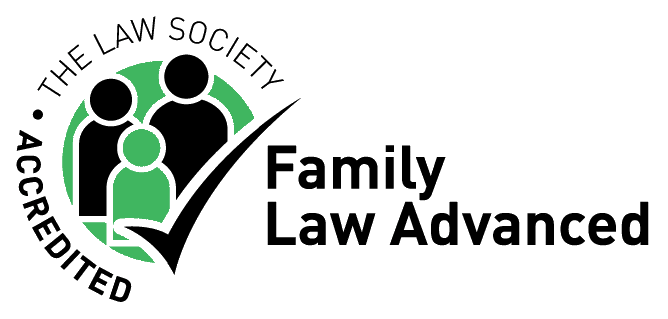We recognise that the NHS provides a valuable service upon which we all rely, particularly recently, but occasionally things go wrong and mistakes happen.
If you have suffered an injury as the result of substandard medical treatment then suing the NHS and making a claim for compensation may be an option you wish to consider. We realise that it can feel uncomfortable to sue the NHS and you may be worried about whether or not it is an ethical thing to do. Below we consider some of the questions commonly asked by our clients when they first contemplate making a legal claim.
If I bring a claim will it stop what happened to me from happening to someone else?
Our clients often tell us that one of the reasons they have decided to bring a claim is to make sure that what has happened to them does not happen to someone else. In other words, they want lessons to be learned by the Defendant in their claim and for changes to be made to prevent a similar mistake or accident from occurring in the future.
Claims made against the NHS are usually managed by NHS Resolution. Part of NHS Resolution’s role is to ensure that when something has gone wrong and a person has been injured, that the NHS learns from this “in order to improve and prevent the same thing from happening again”. This means that bringing a claim against an NHS Defendant can help to bring about positive change and improve standards of care.
Is suing the NHS unethical?
It is well known that there are huge demands on the NHS, particularly during the ongoing pandemic, but every patient is entitled to receive care that meets an acceptable standard. It is undeniable that the cost of the medical negligence claims brought against the NHS is significant and, theoretically, if that cost was lower, then more funding would be available for the provision of treatment. The difficulty with that is that if someone has suffered a serious injury as the result of substandard medical treatment it would be unjust for them not to be compensated for their injury. In some cases, depending on the nature and severity of the injury suffered, the individual may be disabled, requiring additional care and support that they did not need before. They may be unable to return to their job and in the absence of paid employment their only income may now be state benefits. Clearly the ethics of suing the NHS for compensation is a complex and nuanced matter and ultimately a personal decision for the individual concerned. Many people feel that it is only fair and just for injured people to be compensated. If injured in other circumstances, for example a road traffic collision, there would be little question about the ethics of claiming compensation.
Will the doctors or nurses who treated me get into trouble?
Clients sometimes worry that if they complain about their treatment or bring a legal claim that individual doctors, nurses or other medical staff will get in to trouble. It is very rare that substandard medical care is so bad that it brings the fitness to practice of an individual clinician into question. In most cases, a clinician’s career will not be adversely affected.
What is the alternative to suing the NHS?
Sometimes when you have received poor treatment suing the NHS Defendant isn’t the right course of action. For a claim to be successful the medical treatment needs to have: (1) fallen below the legally acceptable standard; and (2) the substandard medical treatment must have caused you to suffer an injury.
If you haven’t suffered an injury, making a legal claim for compensation is not appropriate, even if the treatment you received fell below the standard to be expected. In these circumstances, we would recommend making a complaint in writing to the healthcare provider.
Your letter of complaint needs to set out what happened and why you are unhappy. Your complaint should then be investigated and you should then receive a formal response to your complaint and sometimes, an apology. If you are not satisfied with the response you receive to your complaint, you may wish to ask the Parliamentary and Health Ombudsman to review it.
You can find more information about making a complaint about medical treatment here: How to complain to the NHS – NHS (www.nhs.uk)














